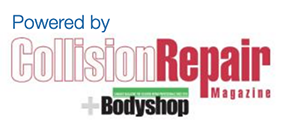Menu
Step 3: Is Anybody Hurt?
If you suspect that you or anybody around you is injured you should call 911 right away. You should also call if you believe a crime was committed, or if there is serious vehicular damage involved.
Take an initial study of the damage, and check for any victims that might be hard to see right away. If (and only if) you are trained in first aid, administer first aid in order of priority. Only move an injured person if they are in danger of drowning, suffocating, burning, or being electrocuted.
Above everything else, always do everything that emergency personnel tell you to do.
The 911 operator determines if police are needed at the scene. Police will typically investigate the collision at the scene when any of the following criteria applies:
- Injury or Loss of Life
- Criminal Activity (Impaired Driving, Stolen Vehicles, Assault, etc)
- Situations Involving Federal, Provincial, or Municipal Vehicles
- Vehicles Transporting Dangerous Goods
- Any Damage to Private, Municipal, or Highway Property
- Bicycles or Pedestrians
- Officer Discretion
This is what to do If you have not had formal training in first aid: If the person is unconscious, be sure their air passages are clear. False teeth, chewing gum, vomit or mucus can block air passages. If the person is not breathing and you are familiar with mouth-to-mouth or artificial respiration, begin the procedure immediately. Stop bleeding by applying direct pressure over the wound. A clean piece of tissue or handkerchief may be used. If there is a depressed skull fracture, pressure should not be applied. If a person is pinned in a car, do not attempt to move them, but be sure the head and spine are firmly supported. Reassure the injured individual and stay with them until an ambulance or other vehicle is available to take him or her to the hospital. Give all information on the first aid that you have applied to the ambulance attendant and the police.


